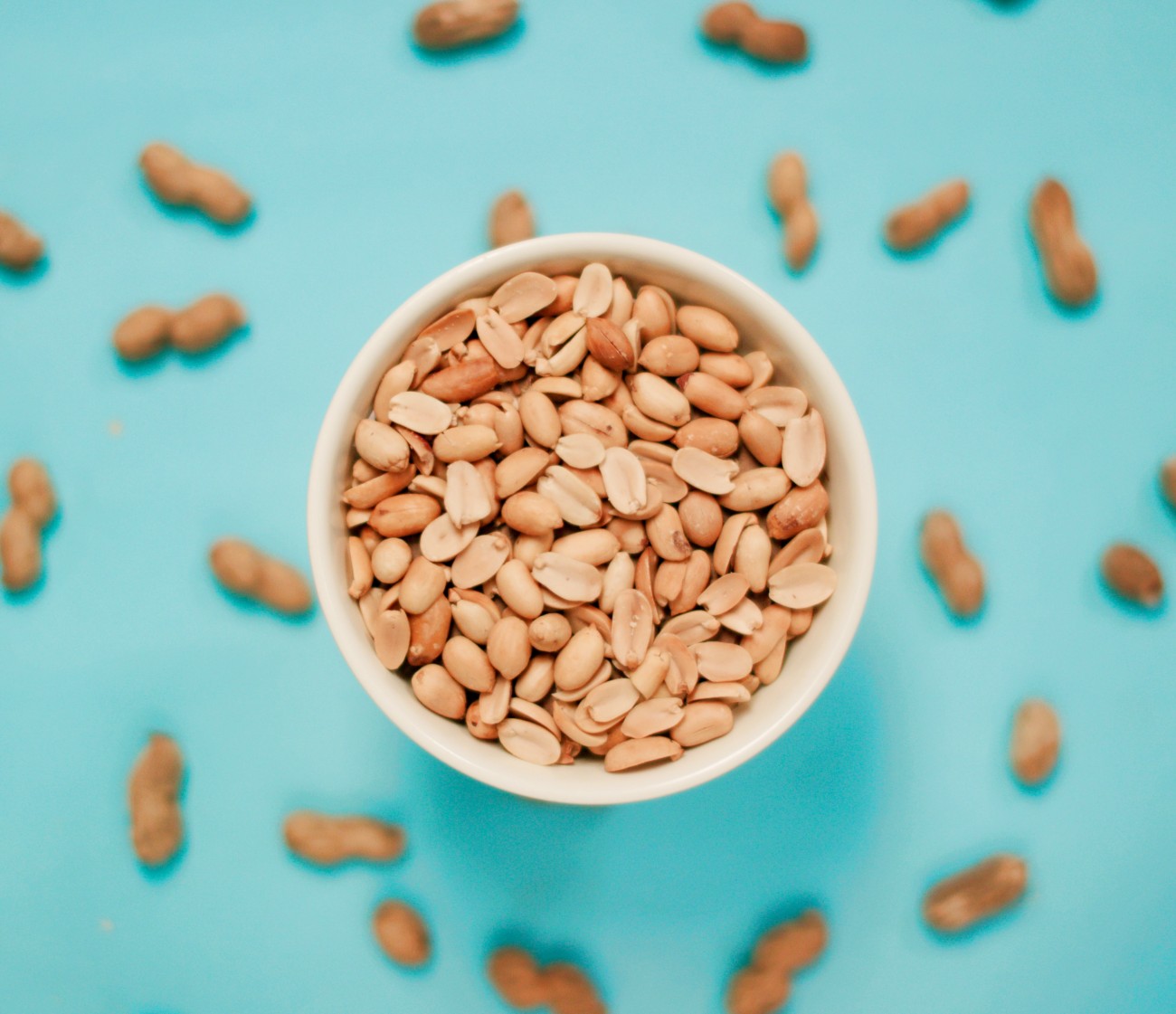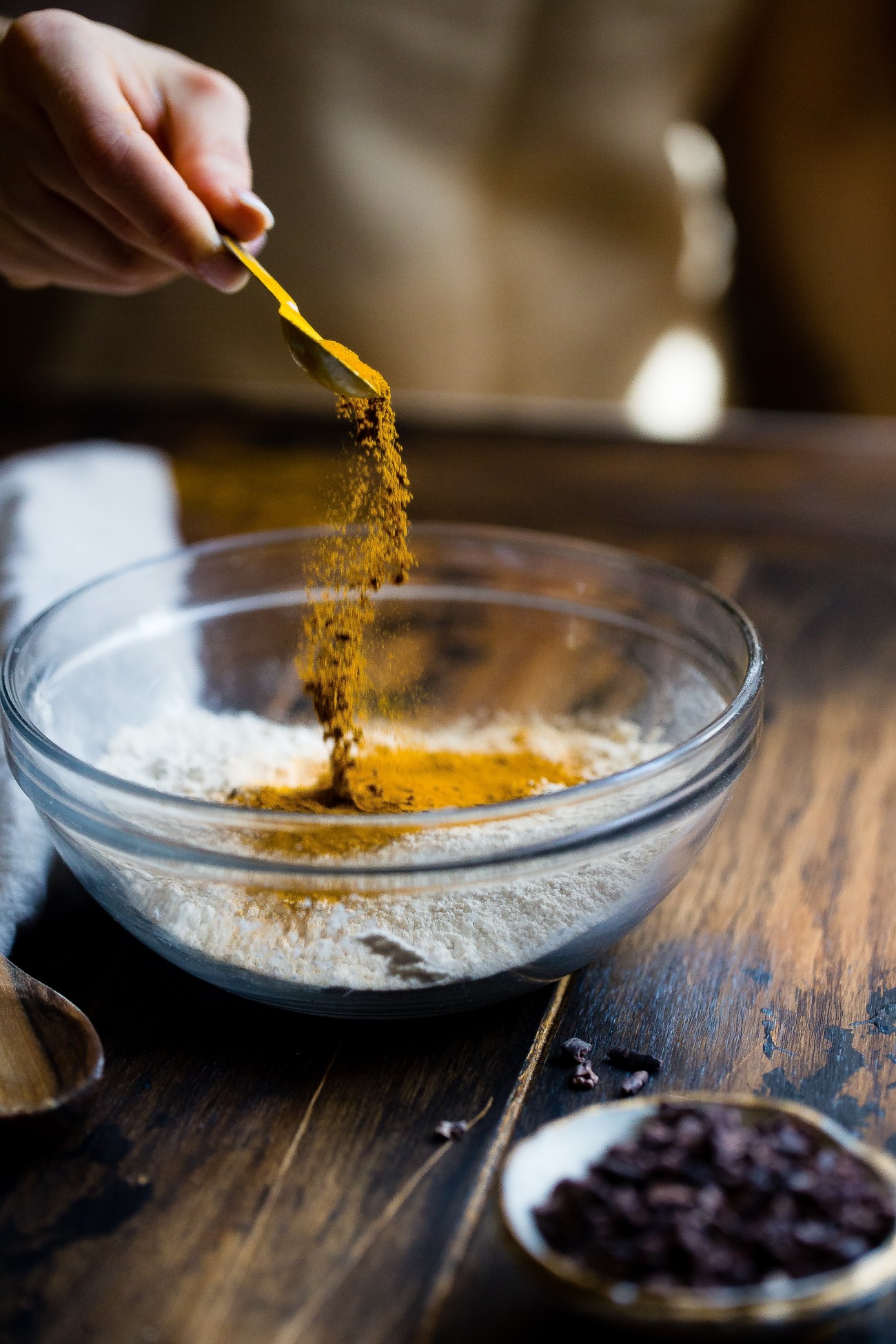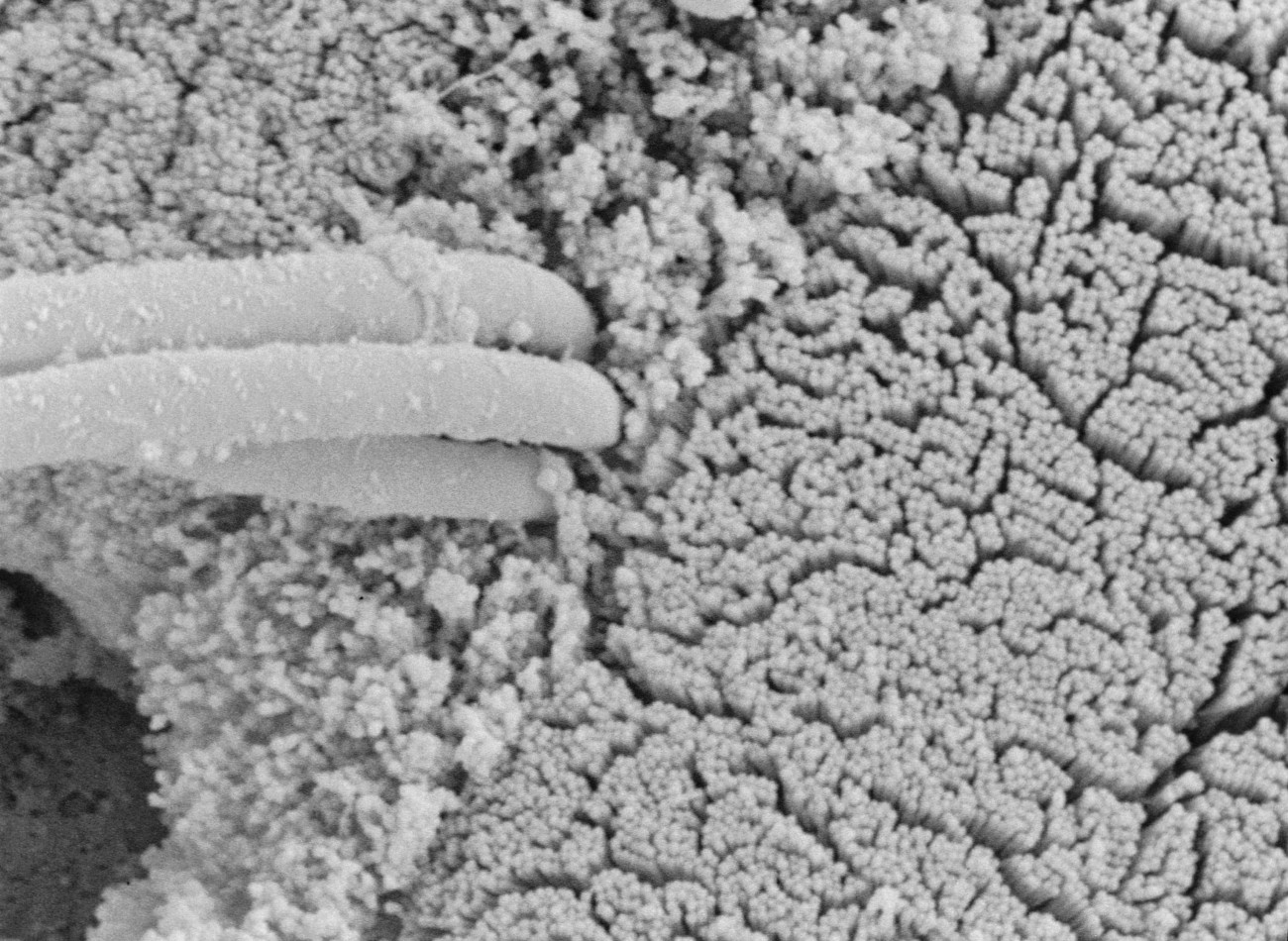Multiple studies have recently shown that adding some simple (and delicious) ingredients to your daily diet can have an impact for the better on your gut health. And, if you’re thinking it must be vegetables you’re wrong. The magic ingredients for a better gut microbiome are actually peanuts and spices. The studies were conducted to research the results of food additions in a series of 2 studies, but in each case the baseline gut microbiome was studied and then compared to later results when participants had been on the special diets. Researchers found that these additions fostered strains of the good bacteria genus, Ruminococcaceae, which usually indicates good liver and bowel function.

In the first study an evening snack of 28 grams of peanuts was given to participants nightly. This was shown to increase the abundance of Ruminococcaceae over 6 weeks. This is one of the many types of “good bacteria” that our digestive tracks need in order to function well. This study was completed by researchers from Pennsylvania State University and Juniata University.
While some participants were given peanuts to snack on, others were given low fat higher carb snacks in order to compare the difference. The participants had higher fasting glucose levels at the start of the study and those in the non-peanut group were asked to refrain from eating peanuts until after the study period was over.

A second study concerned spices and was undertaken by one researcher from the peanut study as well as different researchers from the same institutions. The participants in the study on herbs also had risk factors for type-2 diabetes (including thicker midsections and high fasting glucose) as well as factors for heart disease like elevated triglycerides and high blood pressure.
Researchers found that adding a teaspoon of spices to food everyday had an effect on the same good gut bacteria, Ruminococcaceae. The spices used in the study were from the families Lamiaceae, Apiaceae, and Lauraceae which includes spices like rosemary, thyme, oregano, cumin, cinnamon, and bay leaf.

The working theory on why herbs can affect gut health is that they contain complex compounds known as phenols. Polyphenols are micronutrients contained in plant-based foods.
These polyphenols include antioxidants and flavonoids, long touted as being good for one’s health. As it turns out these plant elements can also become the substrate upon which good gut flora live.
Another aspect of the herbs affecting the gut biome is that they, like other plant foods, can provide some non-digestible mass or fiber to foods which can also function as places for good flora in the gut to flourish.

In both studies fecal samples were taken and measured for Ruminococcaceae abundance over a period of weeks. Per the study on herbs, Herbs and Spices Modulate Gut Bacterial Composition in Adults at Risk for CVD: Results of a Prespecified Exploratory Analysis from a Randomized, Crossover, Controlled-Feeding Study, the participants were not screened for how they ate before the study began, meaning that there may have been many other factors that affected the outcome. This was the first time that culinary levels of spices were measured for how they affected gut microbiomes.
While more research is needed, from these studies it appears that getting more plant-based food- even those that don’t seem obvious to gut health- can actually improve your inner bacterial balance.













